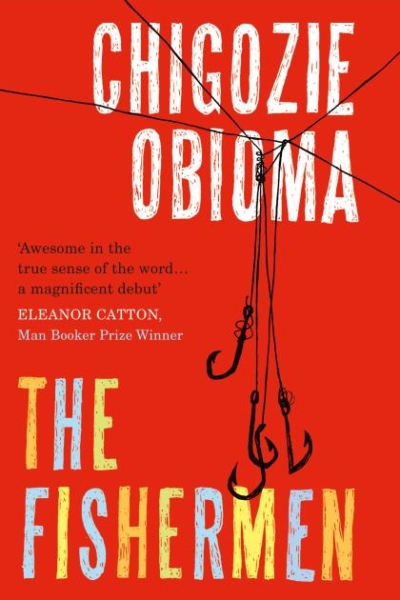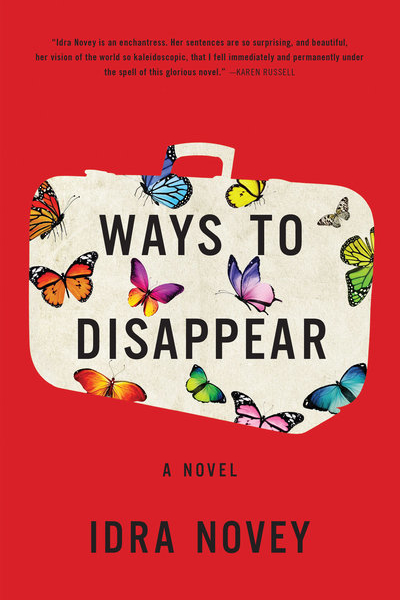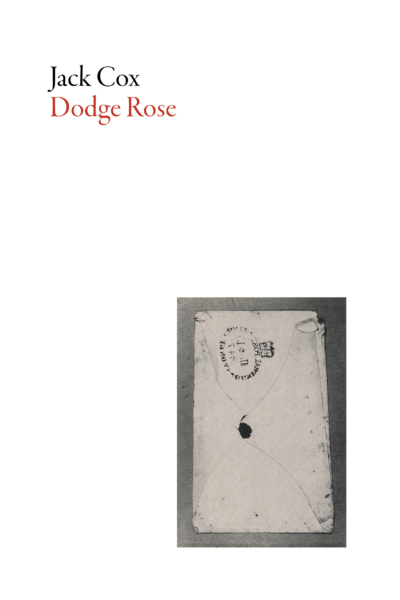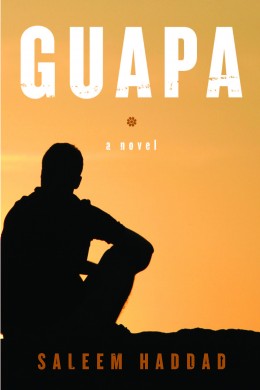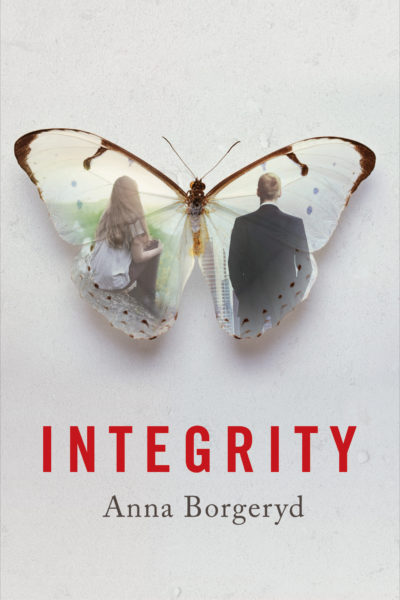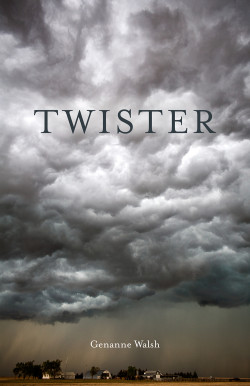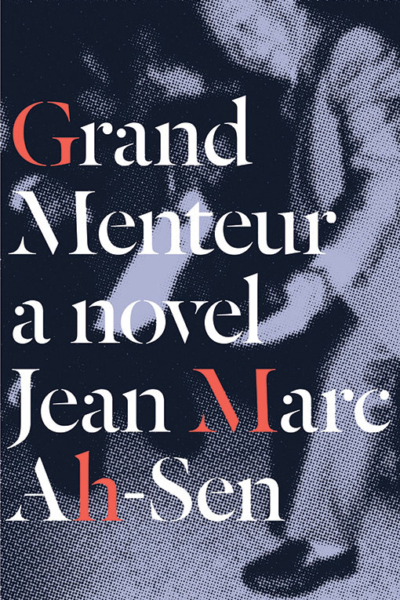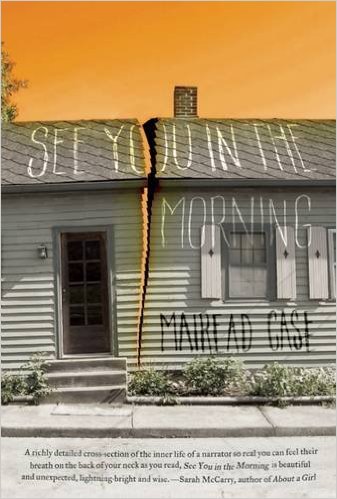The Fishermen – Chigozie Obioma
THE FISHERMEN is less an allegory than a story about our desire to fit the past into one.
OBLIVION’s task is a vital one: to recover Russia’s collectively repressed memories of the prison labor camps under Stalin.
Ways to Disappear – Idra Novey
As happens from time to time with critically successful artists, it is almost a fait accompli that the world discovers disparities between the quality of the art and the quality of the creator.
This novel reads like a master-class in workshopped excess, rattling off, with cloying exhaustiveness, every trick in the experimental fiction handbook: abruptly shifting voices, the omission of pronouns, the stylized eschewing of punctuation, relentlessly conspicuous obliquity, semi-ironic deployment of recherché archaisms, etc., etc.
On this Wedding D-day, the characters are balanced on a precipice: Will they move toward a revolution and remake the social order? Will the authoritarian regime hold things together? Or will absolutely everything come crumbling down?
Rather than falling into conventional narratives, eco-fiction needs to underscore the need for traditional environmentalism to question its own positions of privilege and provide a space for imagining non-normative paths to sustainability if it is to inspire genuine social justice.
Walsh uses the twister as both a propelling incident in the plot and a pattern for how the book will progress, making the structural choice feel necessary, as the form and the content merge to create an immanent sense of disaster.
Grand Menteur – Jean Marc Ah-Sen
I’m torn between thinking Grand Menteur somewhat messy and unfocused, and comparing it to the dizzying effect of a merry-go-round — you can almost catch hold of images as you pass, but never fully.
Holland’s language is dizzying, decadent, erotic.
See You in the Morning – Mairead Case
This is not the mode of the stereotypical teenage diary . . . this is the mode of someone hoping that by taking in everything, everything will be revealed.


